What is onshore outsourcing? Meaning, benefits & Best tips to choose
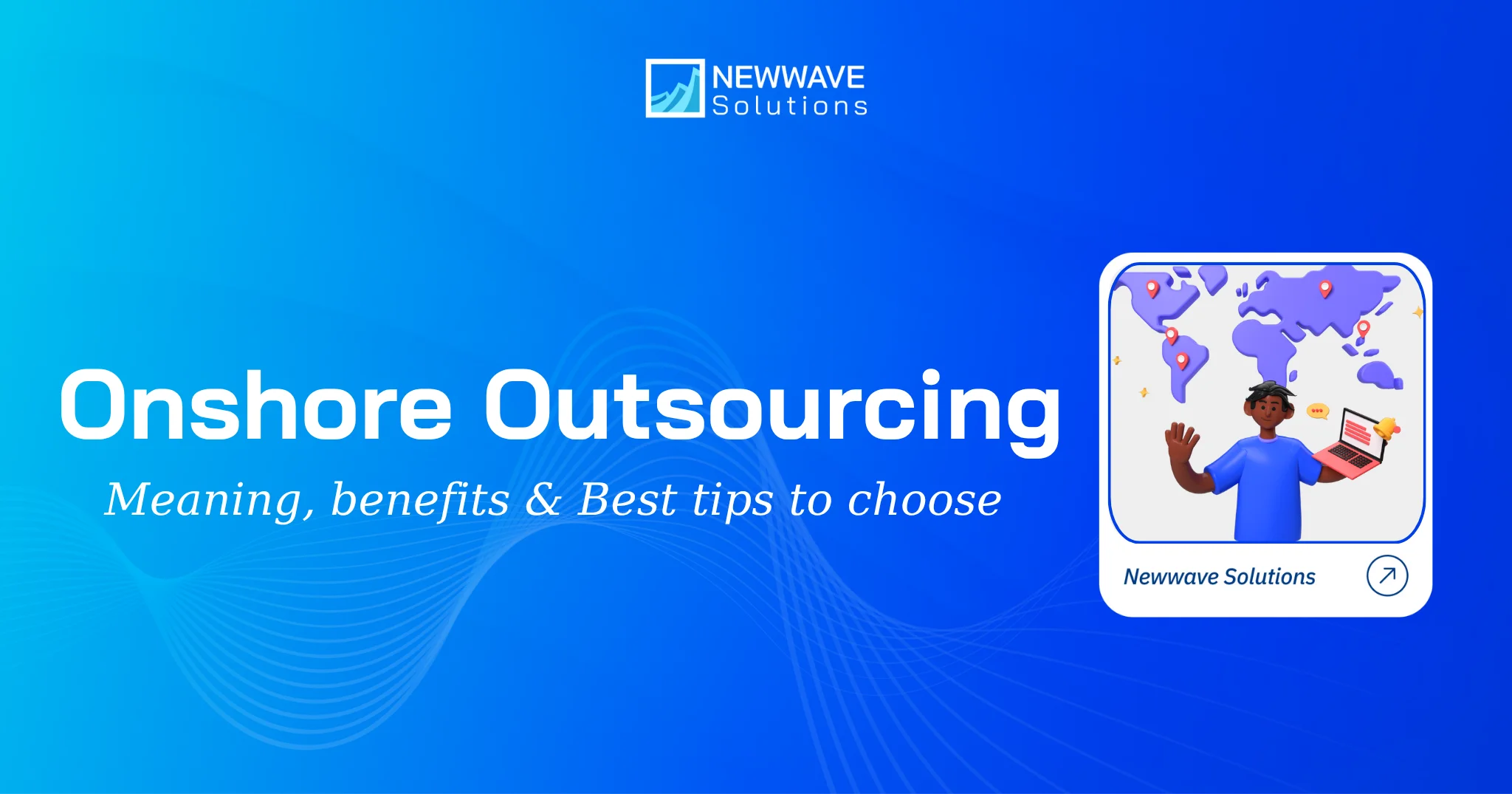
In an increasingly connected global market, onshore outsourcing, also known as domestic outsourcing, has emerged as a strategic choice for companies seeking external expertise without crossing national borders. Whether you’re evaluating onshore sourcing for IT projects, customer support, or creative services, understanding its benefits, how to select the right partner can help you make the most informed decision for sustainable growth.
What exactly is Onshore Outsourcing?
Onshore outsourcing, also known as domestic outsourcing or homeshoring, is the practice of hiring external service providers within your own country to handle specific business processes or functions. Because these providers operate domestically, they share the same language, cultural context, time zones, and legal frameworks as your organization.
So, who will need this?
Onshore outsourcing is particularly beneficial for organizations that require:
- Operate in regulated industries (e.g., finance, healthcare, government) where compliance is critical.
- Require high-touch collaboration and frequent communication.
- Manage sensitive customer data or intellectual property.
- Want outsourced teams to align closely with their internal culture and service standards.
For example, in the technology sector, onshore outsourcing may involve partnering with domestic software developers to build custom applications for a local bank, or engaging local cybersecurity teams to monitor and protect sensitive government systems — ensuring both compliance and operational transparency.
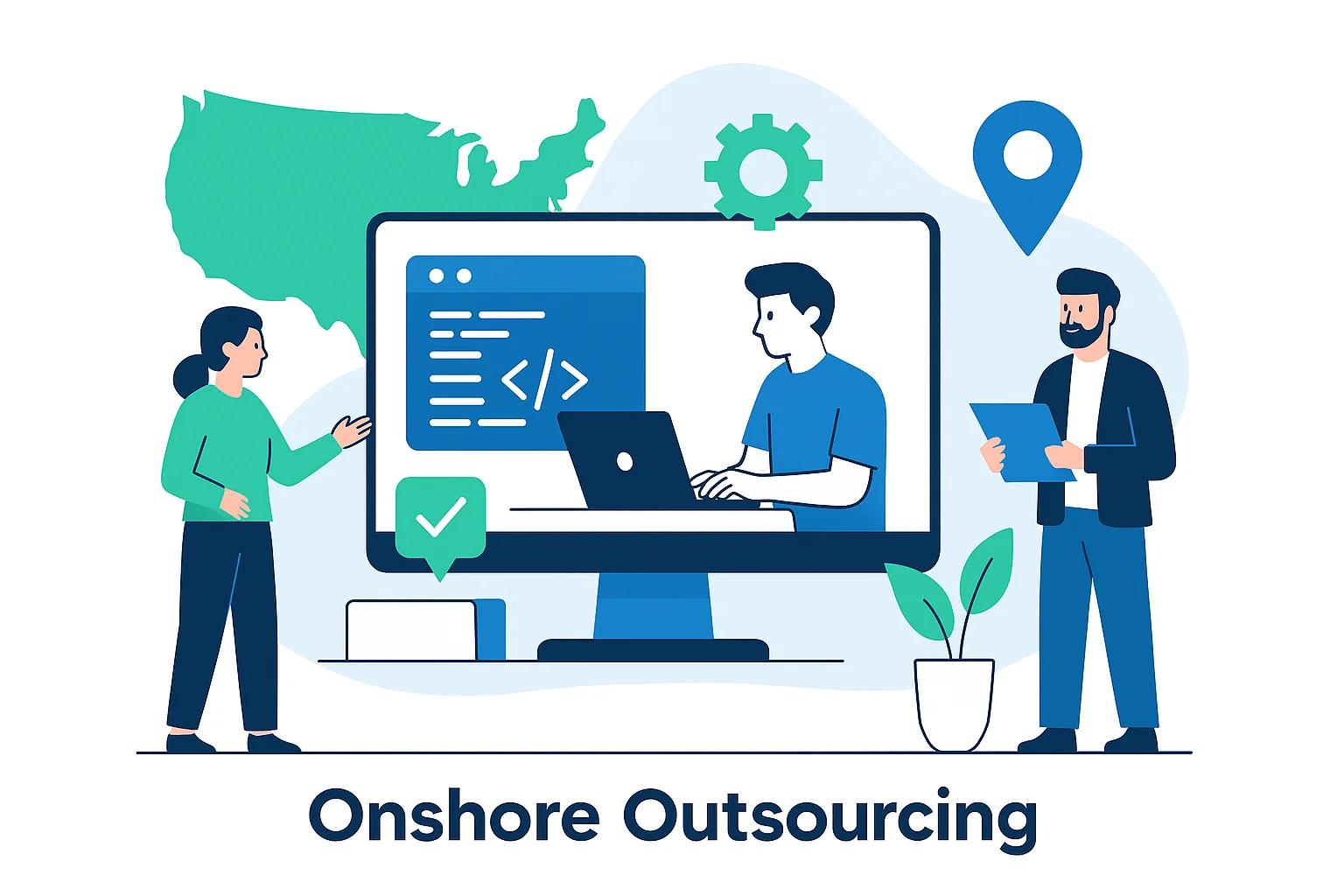
Benefits of Choosing This Type of Service
Choosing onshore outsourcing offers multiple advantages, particularly for companies that prioritize operational alignment, regulatory security, and direct collaboration. Let’s explore the key advantages in detail below:
Enhanced Communication and Collaboration
Zero-friction communication drives project velocity in technology environments. Onshore partners operate in synchronized time zones, enabling real-time code reviews, instant bug resolution, and agile sprint planning without the 12-hour feedback delays common in offshore arrangements.
Native language proficiency eliminates the technical translation gaps that often plague complex software architecture discussions. Your development team can seamlessly collaborate on API specifications, database schemas, and system integrations without losing critical technical nuances in communication.
Simplified Regulatory Compliance
Domestic providers operate under the same national regulations as your business. This makes compliance with labor laws, data protection standards, and industry-specific mandates easier to manage, reducing legal risks. It’s also particularly valuable for fintech, healthtech, and enterprise software companies where regulatory missteps can derail product launches.
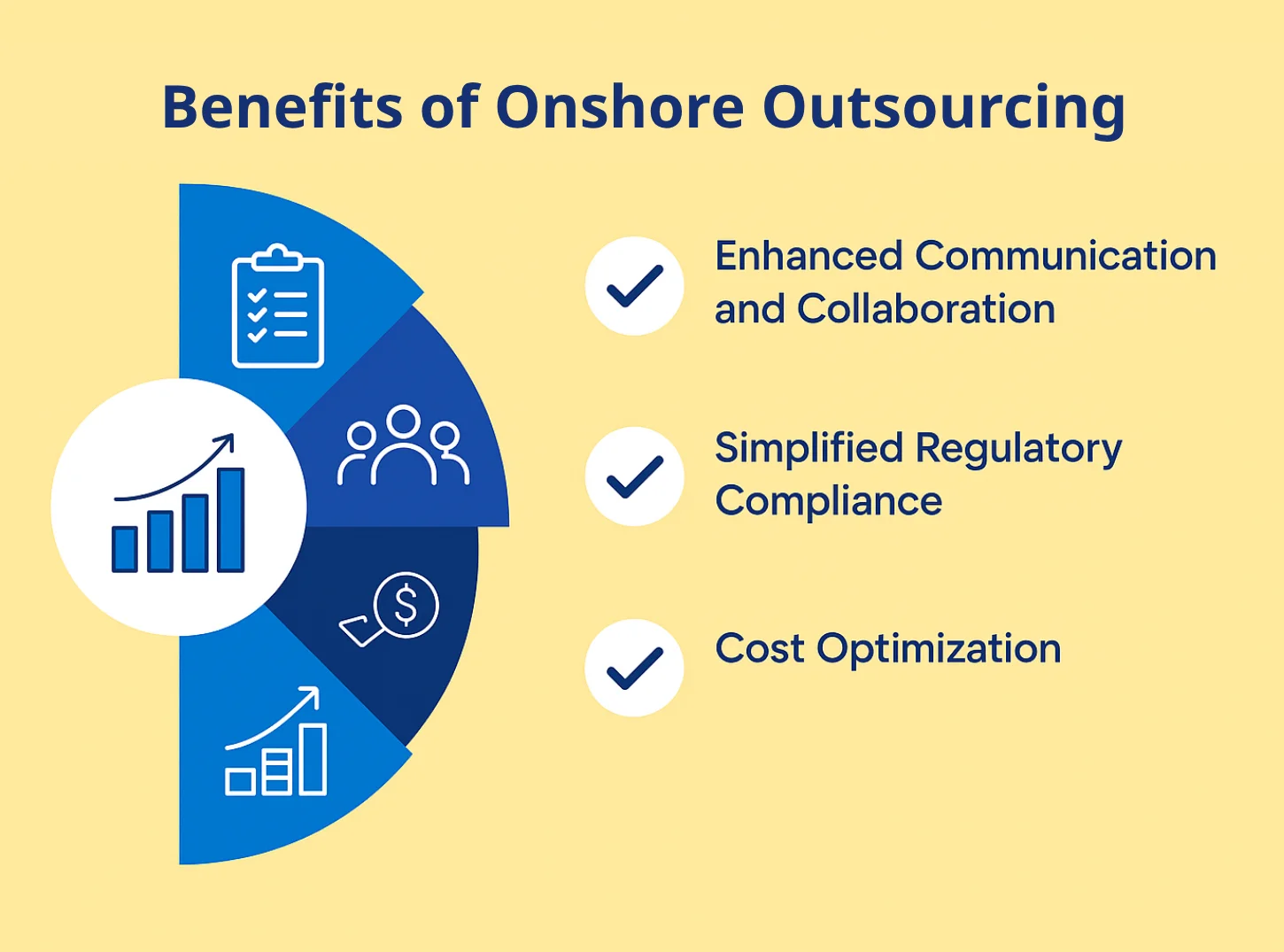
Cost Optimization
The “cheap offshore developer” math often breaks down when you factor in the hidden costs of technical debt, extended QA cycles, and project management overhead. Onshore teams deliver production-ready code with fewer revision cycles, reducing your total cost per feature shipped.
Predictable pricing without currency fluctuation risks enables accurate sprint budgeting and resource planning. The elimination of extensive technical documentation requirements and reduced onboarding complexity accelerates project velocity, improving your development ROI.
Extra additional benefits
Besides core benefits above, choosing onshore outsourcing services also give you other benefits include:
- Faster onboarding through in-person training and local site visits.
- Higher quality control with easier oversight and performance monitoring.
- Brand alignment through closer cultural and market understanding.
- Stronger customer trust from visibly investing in domestic talent.
What is the Difference Between Onshore and Offshore Sourcing?
In general, the biggest different between two types of service is onshore outsourcing uses domestic providers, meanwhile offshore outsourcing works with partners in distant countries. While offshore models often focus on cost savings and tapping global talent pools, onshore models prioritize cultural alignment, compliance, and operational oversight.
To see how offshore development can complement your business goals, explore our Offshore Development Services for tailored global solutions.
Let’s take a look at pros and cons between these types of outsourcing service for the best decision:
| Categories | Onshore Sourcing | Offshore Sourcing |
| Pros | • Native language communication
• Cultural alignment • Same time zone collaboration • Simplified compliance • Direct oversight capabilities • Stronger IP protection |
• Significant cost savings
• Access to global talent • 24/7 operations potential • Diverse skill sets • Scalable workforce • Lower operational costs |
| Cons | • Higher service costs
• Limited talent pool • Higher labor costs • Domestic wage inflation |
• Language barriers
• Cultural differences • Time zone challenges • Complex compliance • Quality control difficulties • Communication delays |
| Suitable for who | • Regulated industries
• Customer-facing services • High-security requirements • Complex project management • Brand-sensitive operations |
• Cost-sensitive project
• Non-customer-facing tasks • Scalable operations • 24/7 service requirements • Standardized processes |
| For example | • US companies partnering with American call centers
• Canadian firms using domestic IT services • UK businesses working with British developers |
• US companies using Indian software development
• European firms partnering with Philippine call centers • Australian businesses using Chinese manufacturing |
How Many Types of Onshore Outsourcing Services?
Onshore outsourcing services span a wide range of business functions. Onshore outsourcing companies which offer this type of service may be IT consultancies, call centers, marketing agencies, legal firms, or managed service providers. They often offer industry-specific expertise, local market insights, and tailored workflows to fit your operational standards.
Common types of onshore outsourcing services can be mentioned are:
- Customer Support & Contact Centers – For brands that need voice or chat support with local accents, cultural fluency, and quick resolution times.
- Onshore Software Development – Domestic software teams delivering complex systems where compliance, IP protection, or in-person collaboration is vital.
- Cybersecurity & Data Protection – For companies handling sensitive data, ensuring national regulatory compliance.
- Accounting & Financial Services – Local firms managing payroll, taxes, and compliance for accuracy and legal adherence.
- Marketing & Creative Services – Agencies producing region-specific campaigns with deep cultural resonance.
- Project Management & Quality Assurance – Local experts overseeing critical projects to maintain standards and timelines.
- IT Infrastructure Management – Domestic providers handling hardware, cloud, and network operations with faster on-site support.
How can I choose the best Onshore Sourcing Services for my business?
Selecting the most suitable onshore outsourcing services requires a strategic approach that aligns with your business objectives, operational requirements, and long-term growth plans. The best onshore outsourcing partner is both trusted and aligned with your business needs. Here is a step-by-step guide for your best choosing:
- Define your goals – Clarify whether you need cost efficiency, compliance assurance, speed, or specialized skills.
- Check industry experience – Choose a partner with a track record in your sector.
- Evaluate communication style – Ensure your teams can collaborate smoothly.
- Review security & compliance protocols – Particularly for data-sensitive industries.
- Ask for client references – Speak to existing customers about service quality.
- Assess scalability – Can they adapt to seasonal or rapid growth demands?
At Newwave Solutions, we understand that successful outsourcing partnerships require more than just technical expertise—they demand strategic alignment, cultural understanding, and unwavering commitment to your business success. Our comprehensive approach to onshore, nearshore, and offshore services positions us as the ideal partner for businesses seeking flexible, scalable, and reliable outsourcing solutions.
What we can do for you?
- Full-cycle software development with onshore teams.
- Regulatory-compliant IT and data security services.
- Localized project management for agile delivery.
- Flexible engagement models to fit your goals and budget.
We specialize in creating seamless partnerships that feel like natural extensions of your internal team, ensuring consistent communication, aligned objectives, and measurable results that drive your business forward.
Are you ready to explore how the right outsourcing partnership can transform your business operations? Contact Newwave Solutions today for a comprehensive consultation and discover how our proven expertise can accelerate your growth while optimizing your operational efficiency.
FAQs
What industries benefit most from onshore outsourcing?
Industries with strict regulatory requirements, high customer interaction needs, or sensitive data handling benefit most from onshore outsourcing. Such as:
- Healthcare software solutions that requiring HIPAA compliance
- Financial software services needing SOX adherence
- Government contractors requiring security clearances
- Customer service-intensive businesses like retail and telecommunications find particular value in domestic partnerships.
These industries prioritize compliance, data security, and customer experience quality over pure cost savings.
How do I manage quality control with onshore outsourcing partners?
Quality control with onshore partners involves establishing clear performance metrics, regular reporting schedules, and defined communication protocols from project initiation. Implement service level agreements (SLAs) with specific quality benchmarks, conduct periodic on-site visits when feasible, and maintain open feedback channels for continuous improvement. The geographic proximity of onshore partners makes quality management more straightforward through direct oversight capabilities and real-time collaboration.
How does onshore outsourcing protect sensitive data?
Because onshore providers operate under the same national laws and compliance frameworks as your organization, it’s easier to ensure adherence to data privacy regulations like HIPAA, GDPR (where applicable), or domestic cybersecurity mandates.
This is particularly critical in industries like banking, healthcare, or government, where data breaches carry severe legal and reputational consequences. Onshore partners often have advanced in-country data centers, local security certifications, and direct audit capabilities.
What contract terms should I negotiate with onshore providers?
Key contract terms for onshore partnerships should include:
- Clear scope definitions
- Performance metrics with penalty clauses
- Intellectual property protection agreements
- Data security and confidentiality provisions
- Termination clauses with reasonable notice periods
- Pricing structures that account for potential scope changes.
Include provisions for regular performance reviews, service level guarantees, and dispute resolution mechanisms. Ensure contracts address liability issues, insurance requirements, and compliance obligations relevant to your industry.
Can I combine onshore with offshore or nearshore models?
Yes—and many companies do. A hybrid approach can be the best of both worlds: onshore teams handle high-priority, compliance-sensitive, or customer-facing functions, while offshore or nearshore teams manage cost-efficient production or back-office tasks. For example, a U.S. company might keep onshore software development for its core financial application but outsource routine QA testing offshore. This allows for cost savings while maintaining control where it matters most
In conclusion, onshore outsourcing offers businesses the ability to leverage external expertise while maintaining cultural alignment, compliance, and strong communication. By understanding its benefits, comparing it to offshore models, and selecting the right partner, companies can unlock efficiency and growth without sacrificing control or quality.
Whether you need onshore software development, customer service, or specialized project support, the key is finding a provider that aligns with your operational goals, and that’s where trusted partners like Newwave Solutions excel.
To Quang Duy is the CEO of Newwave Solutions, a leading Vietnamese software company. He is recognized as a standout technology consultant. Connect with him on LinkedIn and Twitter.

Read More Guides
Get stories in your inbox twice a month.
Let’s Connect
Let us know what you need, and out professionals will collaborate with you to find a solution that enables growth.
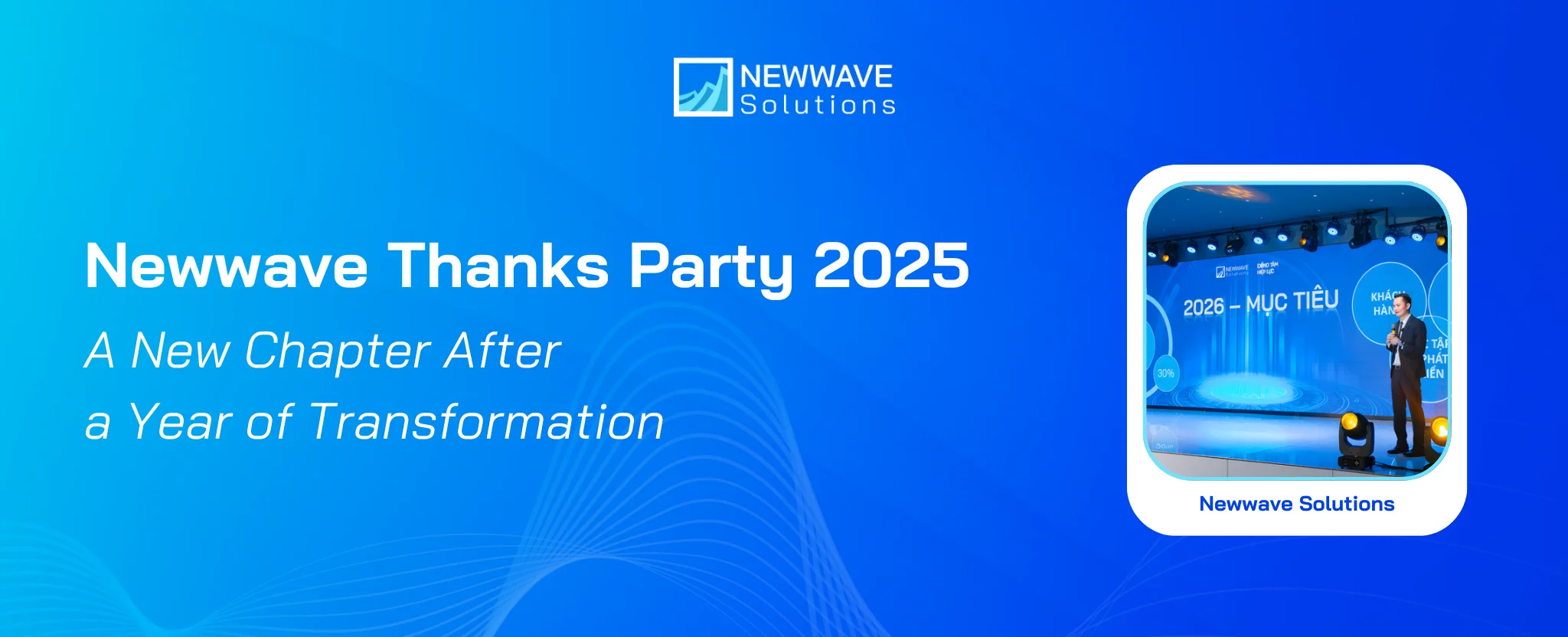
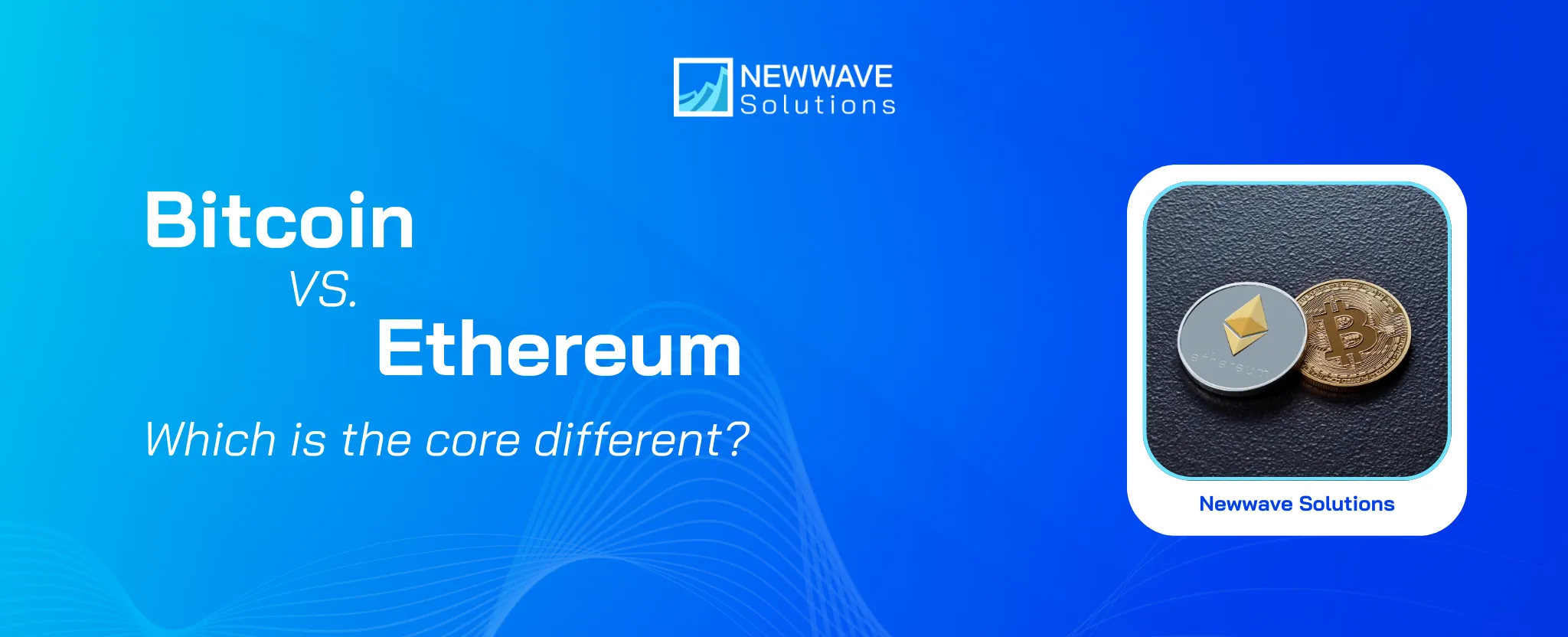
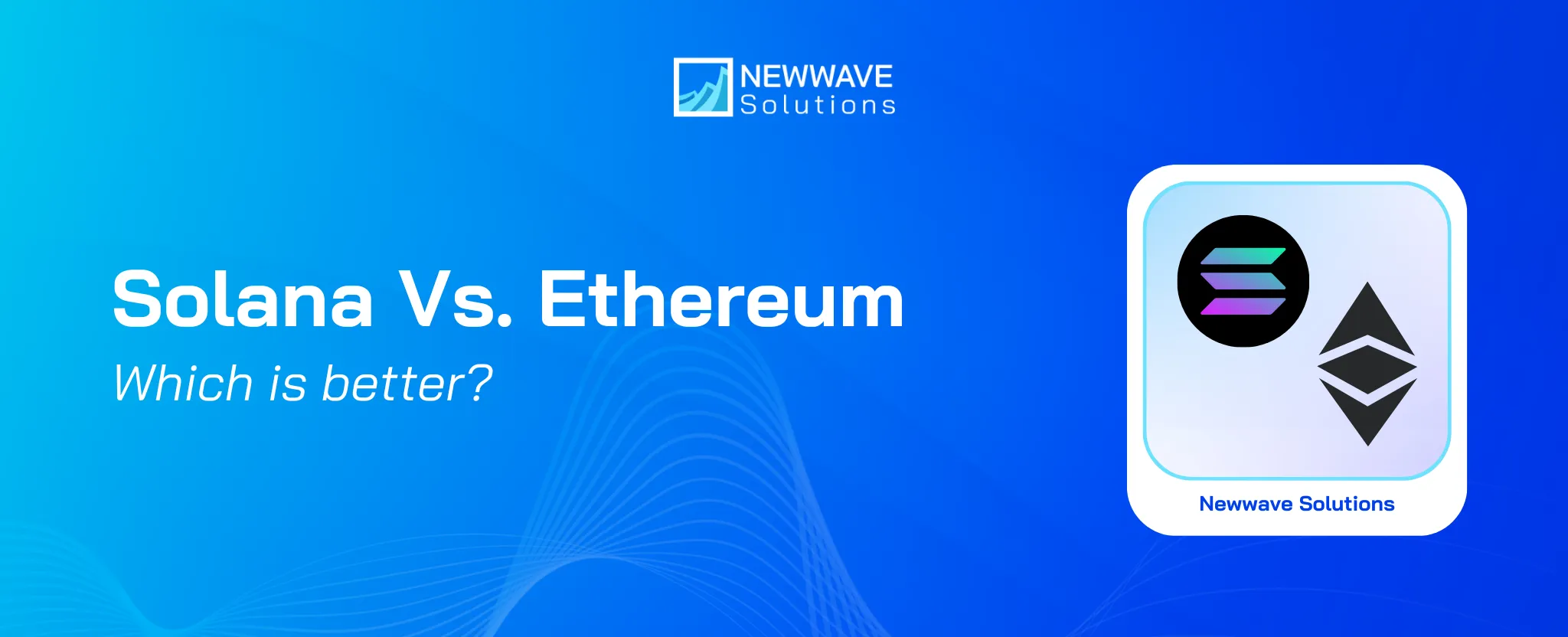
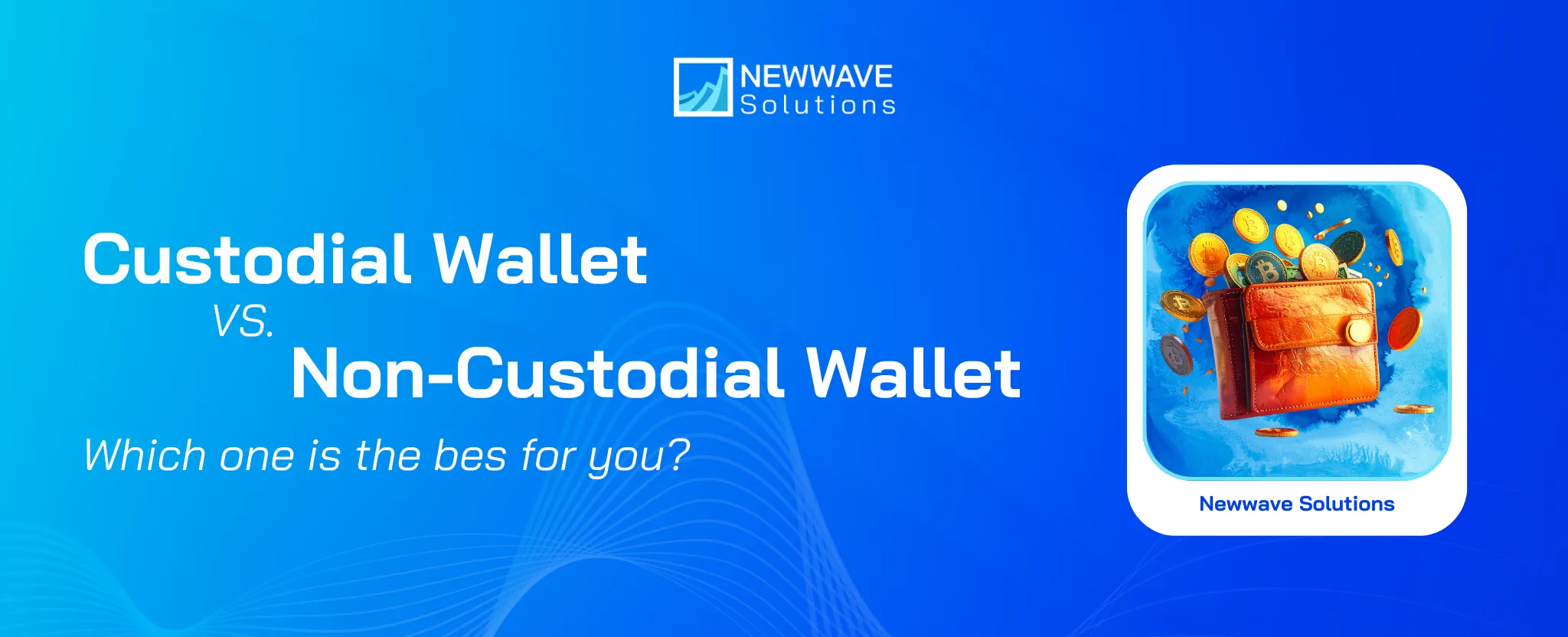
Leave a Reply